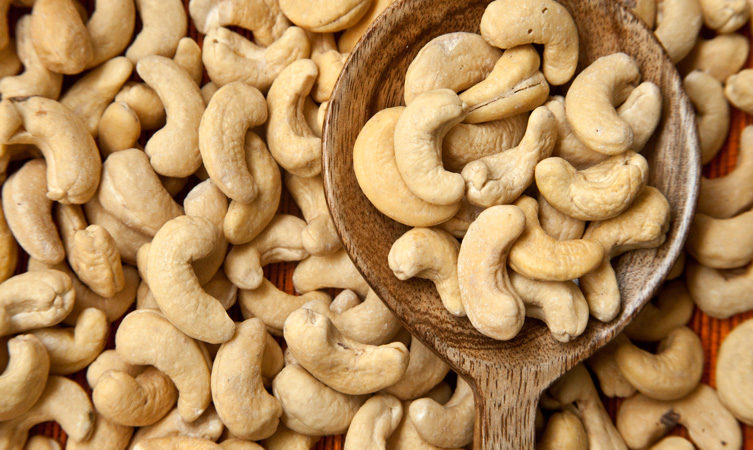
Busting the Indian cashew myth
Dry fruits like almonds, cashews, walnuts, hazelnuts, pecans, pistachios, peanuts, may help reduce the risk for chronic diseases like heart problems and diabetes.
All these dry fruits are cholesterol-free and full of essential nutrients and minerals.
Indians typically believe most of these dry fruits; especially cashews increase cholesterol levels. However, contrary to that cashews actually help in regulating blood sugar levels. This has regularly been tested by experts all around the world. Dr V Mohan, President & Director of the Madras Diabetes Research Foundation, and recipient of the Padma Shri award for his contribution in the field of diabetes, claims that based on his research and experiments, the blood sugar levels fall after an intake of cashews. His research shows that ‘Indians and other South Asians, as a race have a very low level of HDL cholesterol which is the “good cholesterol”, which is why they are more prone to heart diseases.” He recommends a moderate intake of cashews to regulate the cholesterol levels, especially for Indians.
He further states that protein intake in Indians is one of the lowest, and cashews are an excellent source of protein with 21g protein in 100g of cashews. The majority of the fat in cashews is unsaturated i.e. the monounsaturated fats (around 63%), which are the ‘good fats’ and are an essential part of an Indian diet.
The key to including dry fruits in a diet without adding extra fats is only portion control. Dr Mohan recommends a moderate intake of 28g of cashews daily, for a heart-healthy diet.
Apart from being high in monounsaturated fats, protein, magnesium, copper and zinc, cashews are also the powerhouse of several phytonutrients that are deficient in the Indian diet.
Source: USDA National Nutrient Database for Standard Reference, The International Nut & Dried Fruit Council research, Dr V Mohan: Nutrition Research Seminar at the INC Chennai, 2017.
